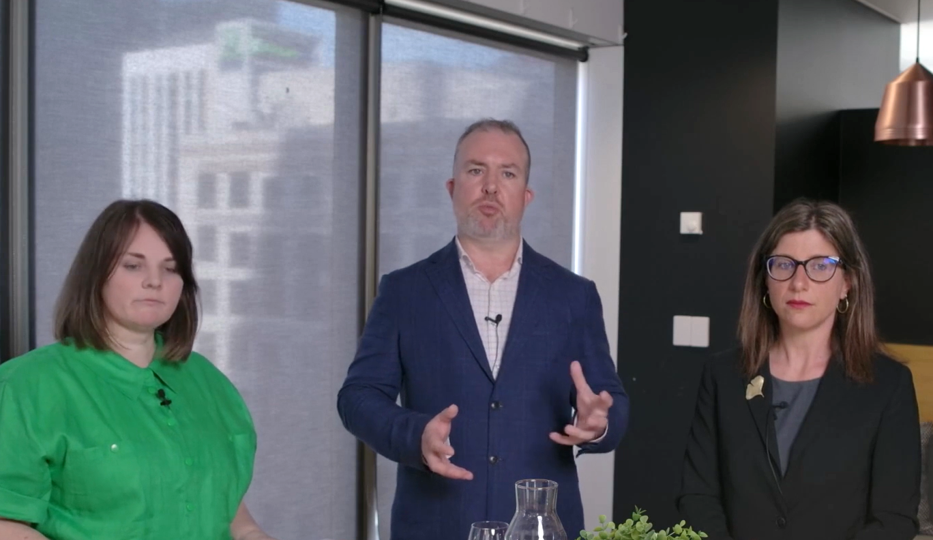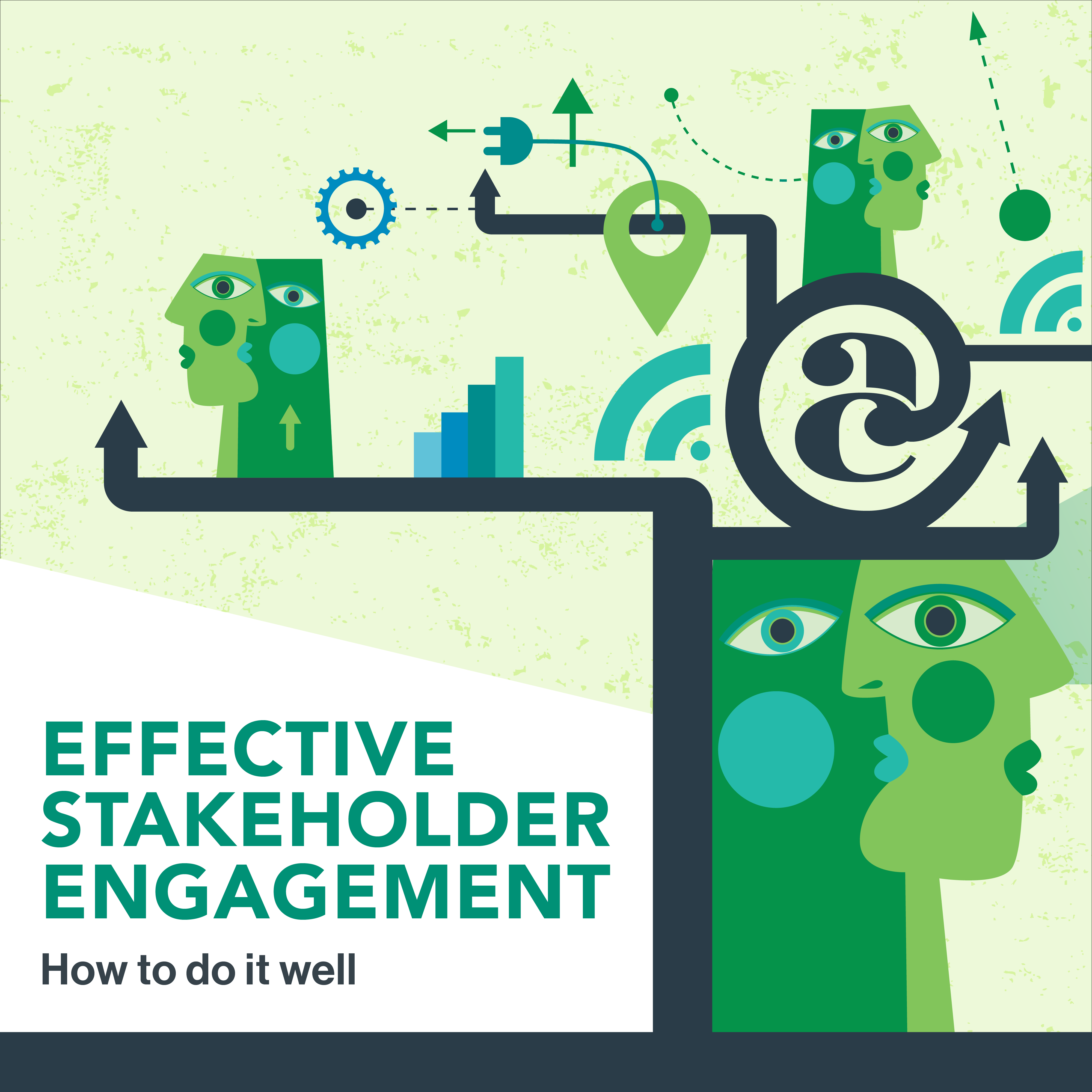EFFECTIVE STAKEHOLDER ENGAGEMENT: HOW TO DO IT WELL

About the Experts
Linda Gyorki is an expert in stakeholder engagement for policy design and implementation. Examples of consultations she has led include the inaugural review of the Family Violence Multi-Agency Risk Assessment and Management Framework (MARAM), the Independent Review into Culture and Issues Management for the Country Fire Authority, the University of Melbourne’s Sexual Misconduct Policy, a range of projects in the tobacco control space and the Review of the Water Efficiency Labelling Scheme.
Sam Byfield is a policy and evaluation expert with extensive stakeholder engagement experience. He has designed and led national consultation processes in sectors including health, aged care, disability, foreign policy and education.
Kylie Berg drives business development in Australia and specialises in building strong client relationships. With public service experience in New Zealand and the UK, she excels in stakeholder engagement across policy, regulation, and crisis management.

Downloadable Resource
Effective Stakeholder Engagement Slides
Download the slides and extract the team's key tips, including the different stakeholder types.Second Downloadable Resource
Effective Stakeholder Engagement Activity Types Template
Obtain the team's matrix of engagement activity types, including guidance on when to use them and when not to.Coming up
RESTREAM + LIVE Q&A | Effective Stakeholder Engagement
Date: Wednesday 12 November 2025 | 12:10 p.m. NZDT | 10:10 a.m. AEDT
Engaging the right stakeholders at the right time is crucial for successful policy design and implementation. In this webinar, our experts will draw on their extensive experience in complex and sensitive contexts to share strategies for effective stakeholder engagement.
This webinar is ideal for people at all experience levels who engage with stakeholders in a policy, change, review, or evaluation setting.

